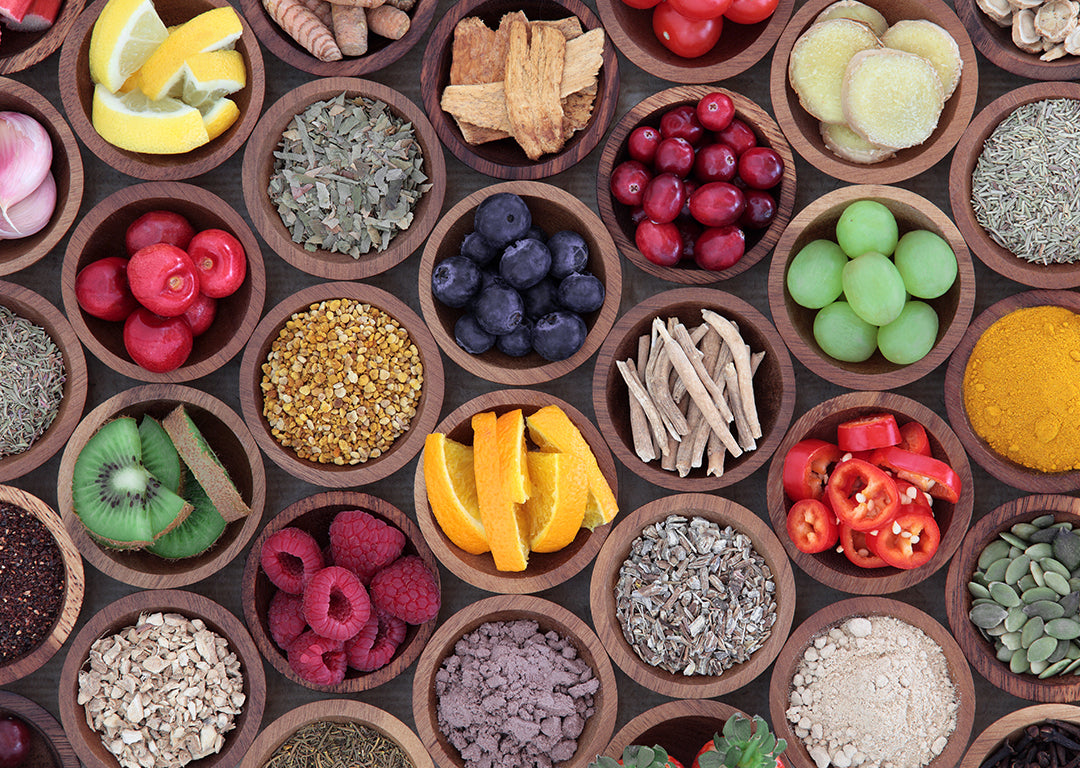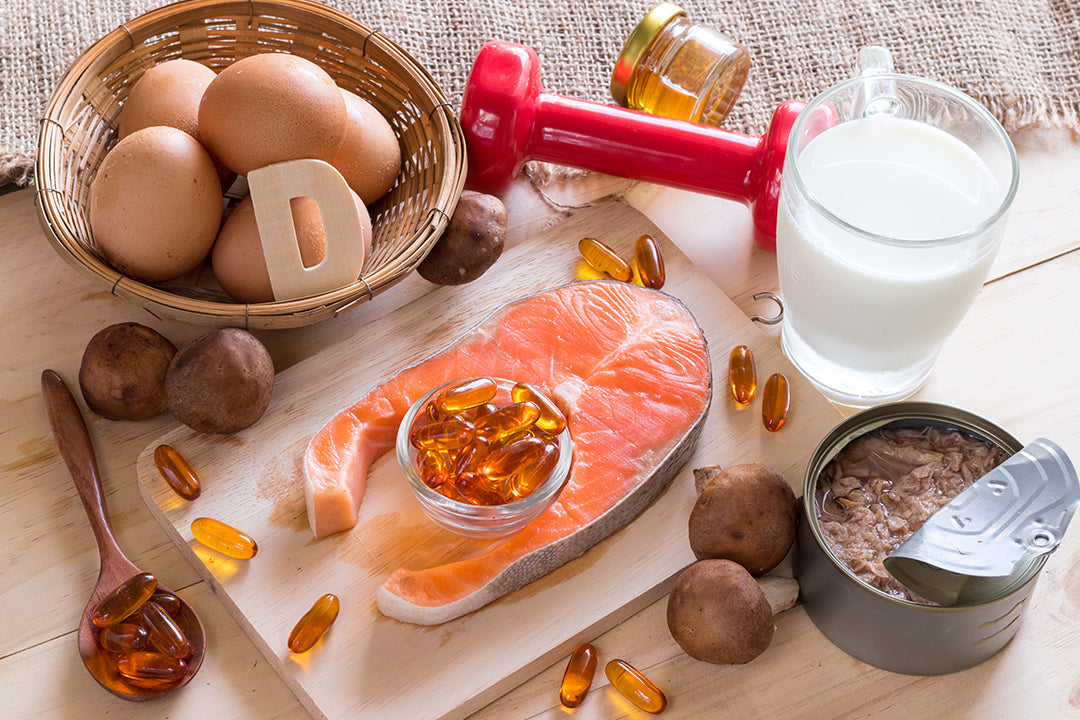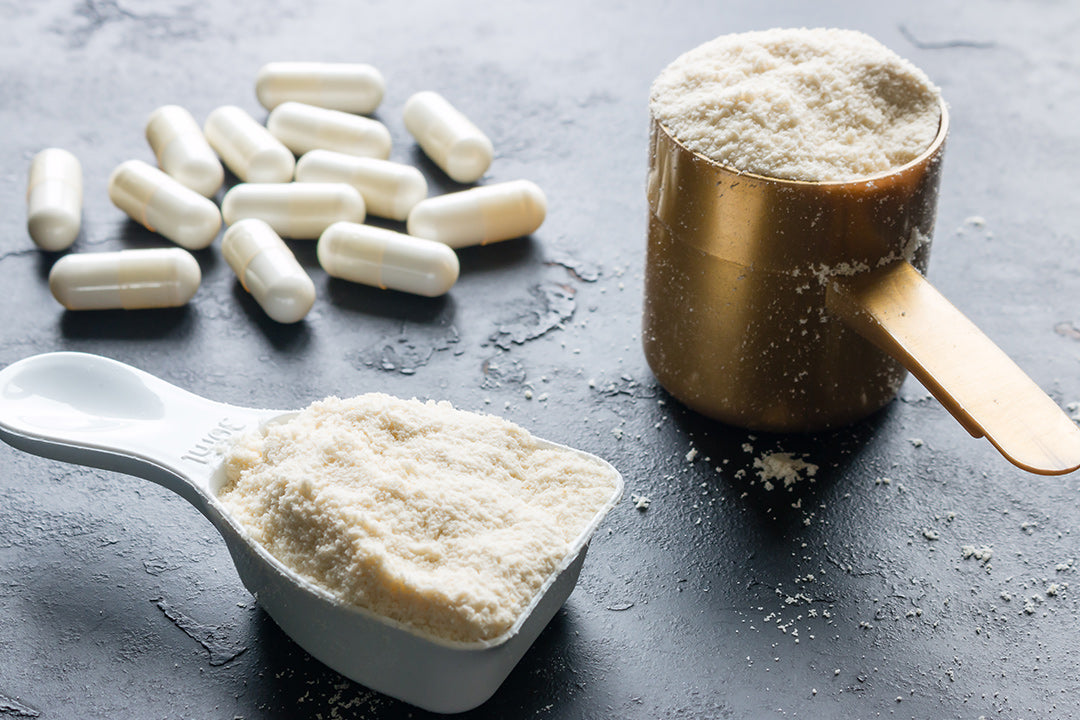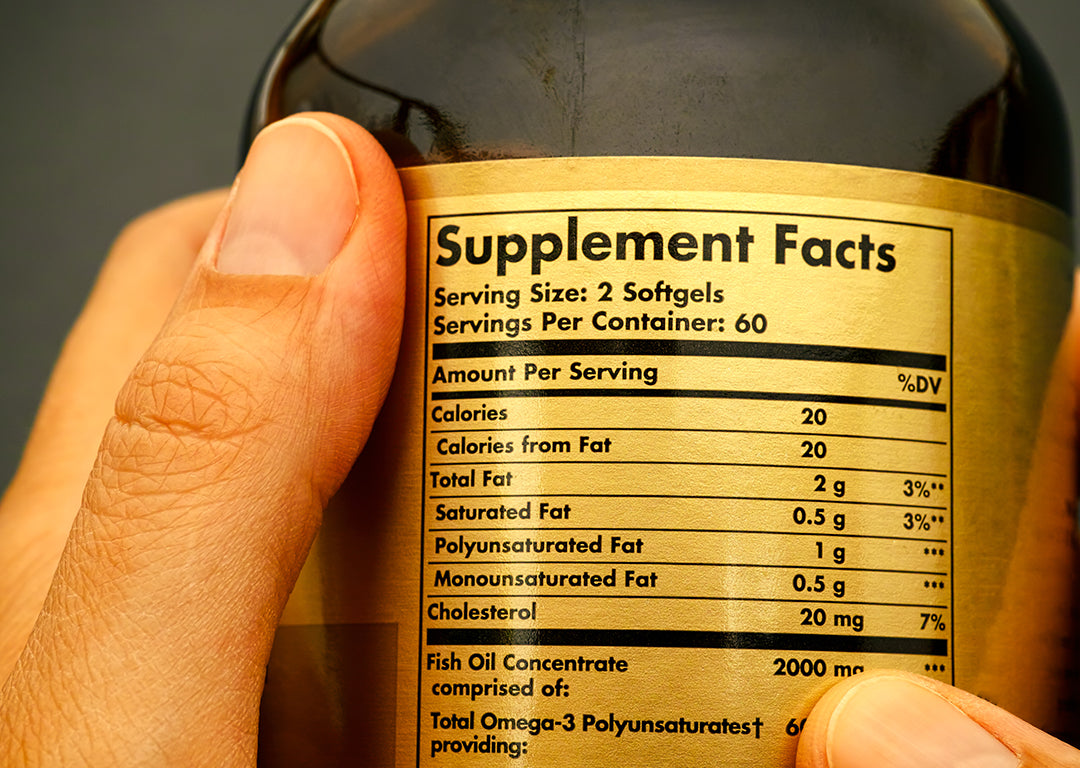
Your immune system is affected by several lifestyle choices, from diet to exercise to mental wellness. For example, even with daily exercise, eating poorly can drag down your entire immune function. And the same goes for living in a high-stress environment. Simply put: if you’re looking to strengthen your immune system, it will take more than just one lifestyle change. In order to truly boost one’s immune strength, a certain level of balance and harmony must take place.
Here are five tips to incorporate into your daily life that can naturally boost your immune system.
Focus On Food
First thing’s first: You need to be eating well as often as possible. We’re only human, of course, and we are affected by daily stressors that may lead us to the freezer late at night to binge on some ice cream or treats every so often. But for the most part, focusing on leafy greens, probiotic-rich foods, and nutrient-packed fruits and veggies will help your body thrive.
Plant foods contain high amounts of fiber and other nutrients that help to strengthen your gut microbiome. The vitamins and antioxidants found in fruits and vegetables help decrease inflammation which can help you avoid certain conditions such as heart disease and other chronic health concerns. And by ensuring your gut is healthy and functioning, you can improve your immune system by keeping harmful pathogens from entering your body through your digestive tract.
Plenty of foods contain Vitamin C, known for its power to boost immunity. But for some reason, most people reach for orange juice, which is packed with sugar, to get their daily dose. Instead of overloading your body with sugar first thing in the morning, you can opt for broccoli, kiwi, cantaloupe, or just an actual orange to get the job done. Eating whole foods over drinking juices is almost always the better option when it comes to getting the vitamins and antioxidants found in fruits and veggies. If you do want a grab a juice to supplement your diet, be sure to find ones low in sugar and try to consume the juice alongside something like a leafy green salad so you can benefit from the salad’s fiber.
Get Your Fitness On
You don’t need to train for a marathon in order to get the right amount of exercise. In fact, prolonged intense exercise can actually suppress your immune system. Instead, try to find the right amount of moderate daily exercise that works for your day-to-day schedule.
Moderate, regular exercise helps reduce inflammation, boost the effectiveness of vaccines, and promotes good blood circulation, allowing your cells to move through your body to do their job efficiently. Whether your go-to for exercise is cycling, jogging, swimming, hiking, or an at-home fitness routine, be sure to aim for around 150 minutes of movement each week.
Get Some Real R&R
You likely already know that not getting enough sleep can really wreck you the next day. It can also weaken your immune system, and, if you are consistently skimping on your sleep, can make you more susceptible to sickness. If you do find yourself coming down with something, allowing your body to catch some Z’s can help your immune system fight off the illness.
If you’re finding it tough to wind down at night, try limiting your screen time before bed. Turn off the TV, put your phone on silent, and resist the urge to send off any late night emails. The light from these screens can confuse your circadium rhythm and tell your brain it’s not yet time to go to sleep. Sound machines, sleep masks, or ear plugs can make all the difference if your room or home is noisy or bright.
Furthermore, even if you’re somehow getting an adequate amount of rest, high stress levels in your daily life can also weaken your immune system and affect your sleep quality. Living under constant stress causes the body to over-produce cortisol, the stress hormone. Over time, this over-production of cortisol lowers your body’s ability to fight off infection and can lead to high blood pressure. So, even if you’re clocking enough hours asleep, the quality itself won’t be sufficient if your daily stressors are getting out of hand.
Meditation, daily exercise, journaling, reading, or seeking therapy from a professional can all help you manage stress a bit better.
Hydrate!
Around 75% of adults are chronically dehydrated, drinking only about two to three cups of water a day. Drinking juices, sodas, and coffees are not the answer to hydrating yourself, as these drinks can be loaded with sugar and caffeine. Your body needs actual, plain ol’ H2O. Dehydration can cause headaches, mess with your mood and digestion, and make it more difficult to focus on daily tasks. And while drinking water won’t necessarily protect you from germs, preventing dehydration is vital for keeping your internal organs functioning properly.
Water helps carry oxygen to your cells, giving your bodily functions a much-needed boost. Additionally, water helps remove toxins from the body so they don’t build up and negatively impact your immune system.
Instead of reaching for a cup of joe first thing in the morning, drink a glass (or two!) or water. Your body goes for several hours without any hydration when you sleep, so downing some water right when you wake up helps your body rehydrate and function.
Limit Your Vices
Vices: we all have them in one way or another. Some are more harmless than others, like binge-watching really bad reality TV or spending an hour online placing clothes in your cart just to ditch it and see what discounts get emailed to you within a day. But other vices, such as drinking alcohol, smoking, or consuming an excess of sweets, can really drag your immune system down.
Alcohol disrupts immune pathways which impair the body’s ability to defend itself against infection. It also contributes to organ damage when consumed in excess and slows the recovery of tissue injury. While we’re not telling you to ditch your favorite adult beverage for good, limiting your intake and avoiding any binges will help your immune system stay strong.
Now, in 2021, we don’t have to tell you that cigarette smoke is bad for you. By now, you should be more than aware that smoking damages lung tissues, and that puts you at a higher risk for respiratory infections such as bronchitis and pneumonia (and, you know, cancer). The tar and other toxins in smoke will also destroy antibodies, leaving you with less of an ability to fight off infection. If quitting isn’t in the cards right now for whatever reason, try your best to limit how often and how much you smoke. And try to seek methods of kicking tobacco to the curb as soon as possible when you’re ready! Your entire body, from your skin to your internal organs, will thank you.
Finally, sugar is the new smoking. Just kidding; smoking is literally so much worse. But an excess of sugar (specifically, refined and added sugars) curbs the immune system cells that attack bacteria. Even if you chugged your double-caff latte with 5 pumps of vanilla syrup hours ago, the effects are still present and taking place. Studies have shown that consuming 75 to 100 grams of sugar a day (for reference, one can of coca-cola contains 39 grams of sugar, and a vanilla latte from Starbucks has 35 grams), suppresses your body’s immune responses. Additionally, excessive amounts of sugars have been associated with an increased risk of type 2 diabetes.
Again, we aren’t expecting anyone to become saints overnight, but being conscious of your vices and working towards eliminating them as much as possible should be the goal here.












